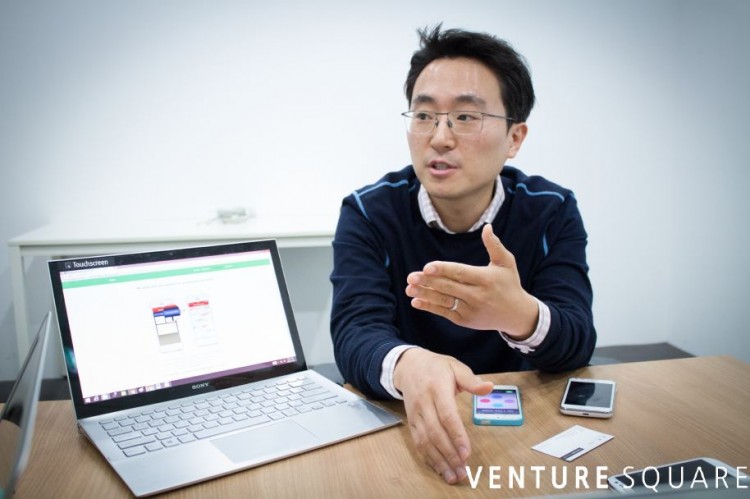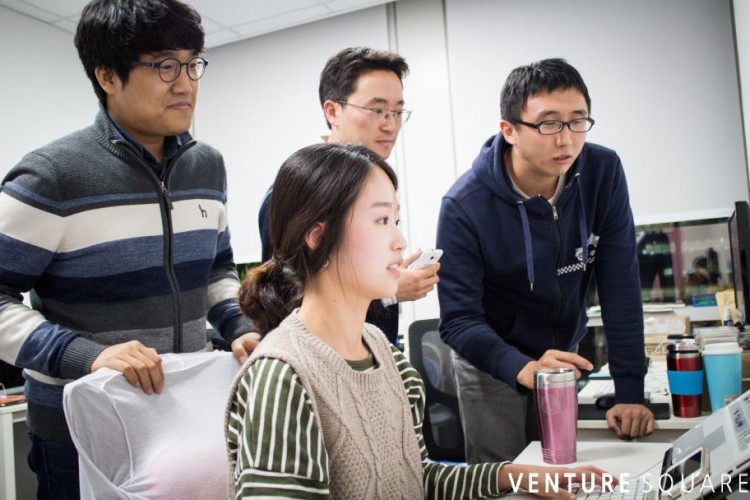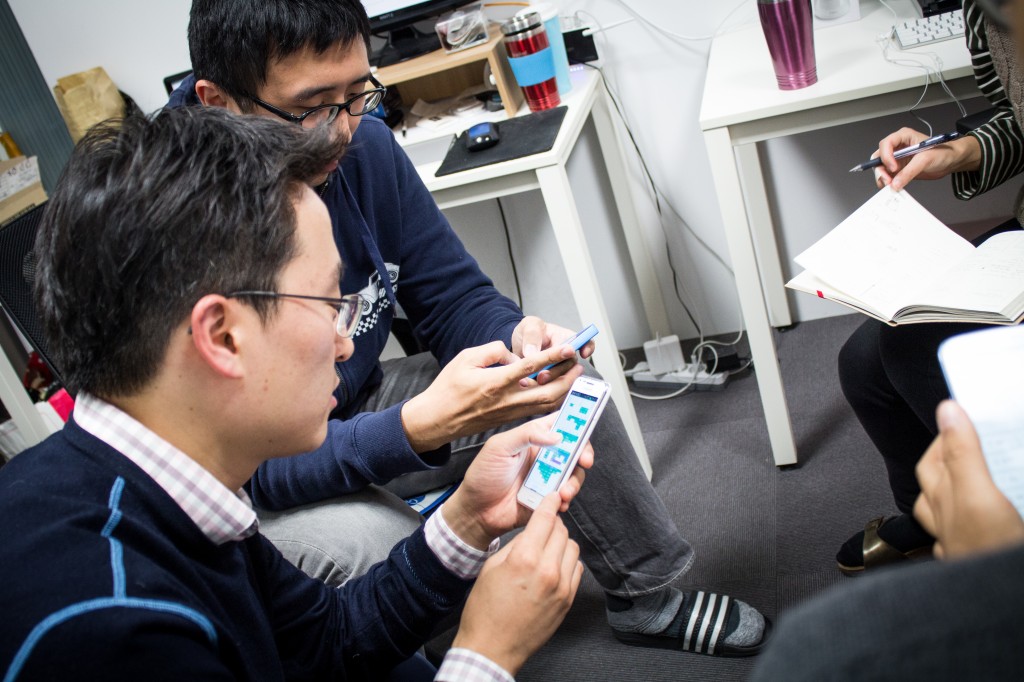Day2Life’s Peter Park is a KAIST graduate and former LG employee and he wants to save you time. Their product, JUNE (Android/ iOS), is a user-friendly solution for mobile planning that brings playfulness to the frustrating art of scheduling and managing your calendar.
“Ever since I was young, I’ve looked for ways to manage my time. I once developed a diary for the PC but no matter how good a PC application may be, a planner is meant for portability. As smartphones became popular, I knew that there had to be a mobile solution for managing time.”
“I wasn’t able to use existing mobile calendars in the way I wanted. They didn’t fit my needs the way I needed so I began this startup to develop a better calendar.”
The Franklin Planner was one source of inspiration for its comprehensive format. Day2Life originally tried to pack similar levels of functionality into their mobile calendar, but later spun off only the core features into what is now known as the JUNE app.
“We thought users would get confused over all the features. But as we looked at Day2Life’s usage patterns, we noticed that the most popular function was a ‘to-do list’ paired with the calendar. We surveyed 500 working professionals in America and 60 to 70 percent wanted to-do list functionality with a calendar. Out of that group, 40 percent indicated that they were willing to pay for a solution. That’s why we took these main functions from Day2Life and incorporated them into June, with more polish and simplicity.”
“But as we looked at Day2Life’s usage patterns, we noticed that the most popular function was a ‘to-do list’ paired with the calendar.”
In addition to making it much more user-friendly, JUNE was made to add a sense of playfulness to scheduling and planning your day. JUNE adjusts to your scheduling habits with expandable calendar views. It also turns your scheduled dates into colorful pieces that are draggable and adjustable.
“Another thing we learned from market research was that users wanted easy access to a to-do list while using the calendar. In June, you can easily access a task list and drag them directly into your calendar.”
Park also briefly shared some ideas on how June may eventually monetize and bring in revenue for the company.
“Though we want JUNE to be accessible for everyone, we’re also working on services that cater to power users who want more premium functions. However, one major goal for JUNE is to create a revenue model based on ‘event recommendations’ for users based on their activity. We want these recommended events to feel not like advertisements, but genuinely useful and also easy to manage.”
While participating in the Startup Nomad program, Park shared some of the things he learned while conducting user studies in America.
“When we were planning Day2Life, we wanted to build it for a global audience, but we didn’t know what the American market or international users were like or what they’d think about our approach. That’s why we went directly to America and sat down with users at cafes. We received feedback and recorded their thoughts on how the app performed and whether it was easy to use.”
What Park discovered was that despite global differences in language, people’s behavior and expectations for apps in the planning category were much simpler and less vulnerable to cultural influence. Perhaps this discovery will help reduce the work on localization for JUNE and similar solutions.
Park recalled the Perfect Pitch session while he was at Silicon Valley. This workshop gave Startup Nomad participants a crash course on investor relations, as well as insights on how to establish a flow that falls in line with what investors are looking for in presentations.
“We had pictured receiving support on a product level and thought that investors would focus on identifying weaknesses and solutions to improve our product. Instead, we learned that there’s a forward-thinking focus like how to expand in the market, how much money was needed, and determining when to turn a profit and eventually exit the company.”
“Instead, we learned that there’s a forward-thinking focus like how to expand in the market, how much money was needed, and determining when to turn a profit and eventually exit the company.”
Park also emphasized the power and importance of data as evidence.
“The most effective case for support that you can display is data.”
As long as you have data to back up your solution, I sensed that investors in Silicon Valley will help sort out other obstacles, whether it be visa, workspaces, or anything. Data is the most important thing you can present at Silicon Valley.”
Eddie Cho echo@venturesquare.net





